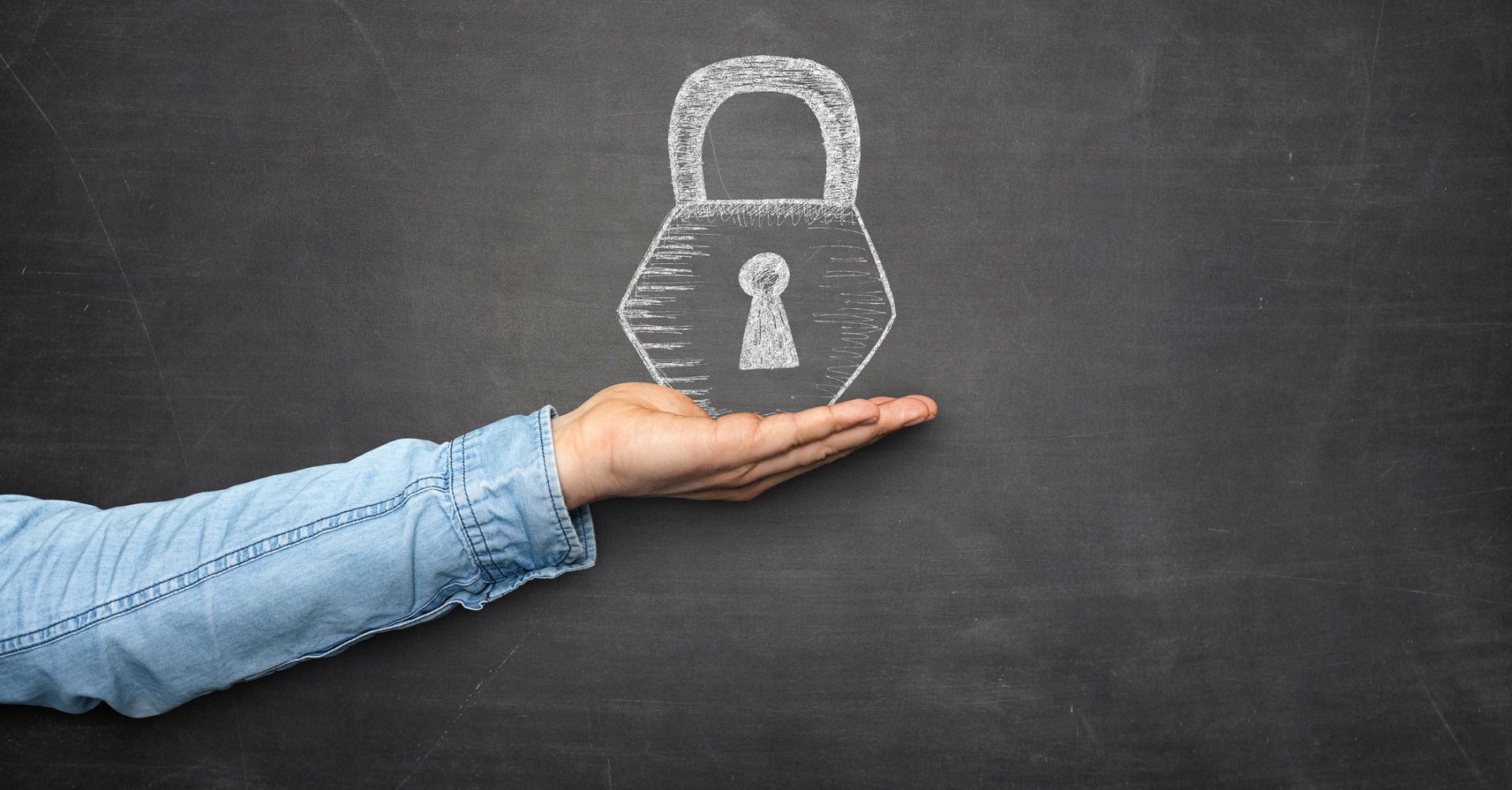The typical web user may have as many as 25 individual online accounts
You have no doubt considered what will happen to your physical and financial assets when you die. But have you ever thought about what will happen to your digital presence on the Internet, on your PC, or on social media? Or how you will manage your online accounts and passwords? According to Microsoft, the typical web user may have as many as 25 individual online accounts, ranging from email to social media profiles to bank accounts. There’s a lot to think about in terms of your digital assets. You own your digital assets just as you own your physical and financial assets. They should be considered as part of your estate planning and included in the drafting of the will. We spoke to Jaco Brits, an estate expert with LAW FOR ALL, for advice.
Your social media accountsWhat will be your digital legacy on social media? How will future generations remember you, what you did, and what you valued? People have come to regard their online presence as part of their legacy, and some may want their digital legacy maintained after their death. Others may want the digital record deleted. It is impossible for your family to know what you want done with your social media accounts after your death unless your instructions are written down.
Brits explains that the family or heirs do not automatically have access to a deceased person’s email address, Facebook account, and so on. “The Executor will not necessarily gain access to these, as they are private and not necessarily the business of the Executor or an heir. You can decide for yourself who should have access to your information and to what specific information. So, you can give the access information of these accounts to another person, but it is risky,” says Brits.
Social media companies and their policiesUnless the family of the deceased takes action, social media platforms remain active. Different companies have different policies on accounts of deceased users, for example:
- Twitter will deactivate an account on request of an Executor or verified family member upon receiving a copy of a death certificate and certain other documents, as advised by Twitter support.
- Facebook has two options: It enables the profiles to be turned into a memorial. The profile remains as is, but the memorialized page is not shown as an active Facebook user. A friend or family member must fill out a ‘Memorialization Request’, and provide proof of death. A second option is for the account to be removed. This is done on request of an immediate family member, who must fill in a specific request form. Facebook has recently introduced the option of nominating someone as a ‘legacy contact’. That person has access to your profile when you die. You will find this option in your security settings.
- Instagram will remove the account on receipt of a death certificate and a completed form.
What to do
- In your will give clear instructions regarding individual social media accounts – do you want them removed or memorialised?
- If you feel comfortable, you may choose to give a family member your user name and password for these accounts, with instructions as to what to do.
Your financial interestsThere is much more to your online presence than social media. Most of your financial interests today are effectively managed online.
“Usually, as in the case of banking and investment accounts, a deceased person’s accounts freeze upon his/her death until the day an Executor is appointed by the Master of the High Court. The Executor will administer the estate and have access to all your bank accounts, but he/she will not become the owner of the funds in the accounts. An Executor will have to transfer all assets and funds to the heirs after the estate debts and taxes are paid,” says Brits.
It is therefore not necessary to give your access details for your bank or investment accounts to family members or anyone else. In fact, it is not recommended.
What to do
- Make a list of all your polices and investments. Brits says that the best option is to include this with your will, rather than keep it online: “It will make it easier for the Executor to find these accounts and investments. The problem with information in the Cloud and on backups, is that your loved ones will only be able to gain access if they have your password. Heirs are not always aware of the fact that this information is in digital format. Some heirs may also deliberately keep quiet about the digital information.”
- Brits advises against including your bank pins and passwords in your will. He cautions that anyone holding the will can have access to your private data – possibly while you’re still alive.
Your personal computerMost of us have documents, photographs and such stored on a PC or in the Cloud. If you want your family to have access to the contents of your computer, you will need to give someone the password. You may not want your personal correspondence, search history and so on to be open for inspection, in which case, you may leave instructions with a trusted friend or family member for your computer to be destroyed.
Top tip: Google has strict policies and will give access to a deceased person’s email account only “in rare cases”. The company has established a feature called ‘inactive account manager’, which prompts users to decide the fate of their accounts in the event of their death.
The bottom lineTreat your digital assets as you would any other asset. Appoint someone you trust to be in control, make a list of accounts, and give clear instructions in your will on how to handle each individual account.




